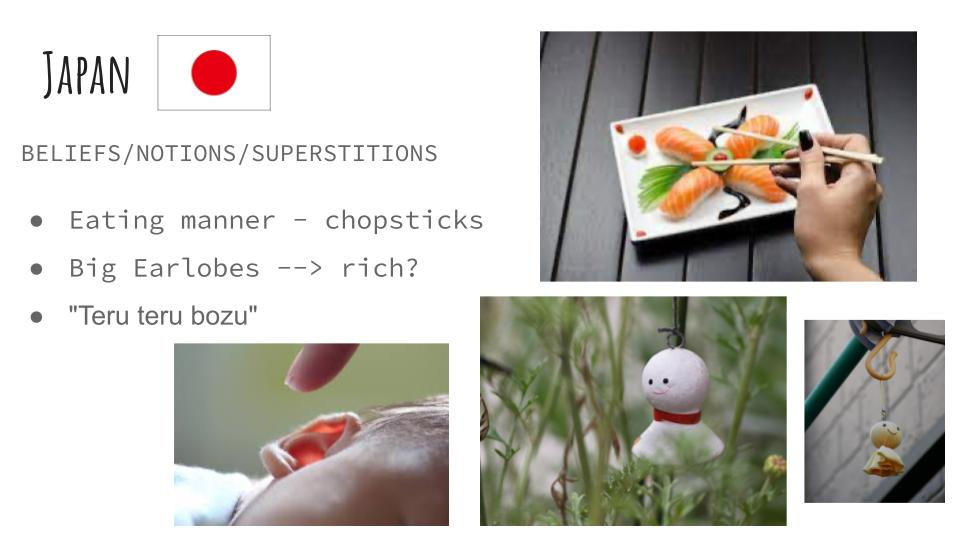【August 1st】Indonesia Session #4 〜Tourism〜
- mszssx
- Sep 5, 2021
- 2 min read
Halo!
We had our 4th session with Indonesia on the 1st of August!
This time we spotlighted "Tourism" and had a discussion on the relationship between tourism development and issues caused by such development.
When you hear "tourism", you might have a smile on your face because you get to be released from all the mundane and daunting stuff and visit new places. It's always a joy to visit new places right?
However, we barely have a close look at the other side of tourism.
Since tourism is such a huge concept, it is important to note that there are many forms of tourism.

In the presentation by the Indonesian organizers, we enjoyed the mini-virtual tour of Comodo Island and Borobudur Temple, using Google Earth.
The interesting fact was that Comodo Dragon, which is the national animal of Indonesia is very aggressive and people always have wood stick to fight it off. It was also nice to know that there is a famous saying that if people touch the Buddhist statue in the Borobudur, their wish will come true.
While Indonesian rich nature and cultural heritages have gained many tourists' attention from all across the globe, as the tourism develops, more and more problems have revealed.
For example, some tourists sit on the sacred Buddhist statues even though it is strongly prohibited. Some people throw away garbages in the ocean, which is discussed as a problem of ocean garbage.
It is important to think about how local people respond to the issues revealed by the tourism development. So, we need to continue discussing how we can balance the cultural protection and tourism development, dealing with the issues mentioned above.

In the presentation given by a Japanese organizer, we leanred three different forms of tourism seen in Japan: Dark tourism in Hiroshima, Heritage tourism in Kyoto, and Olympic tourism in Tokyo (yet it was hosted with no audience and tourists)
Since Hiroshima has experienced the A-bombing, there are many tourism sites which are considered as "Dark tourism sites". In Kyoto, there are 17 world heritage sites, which attracts many tourists to visit Kyoto. Although the Tokyo Olympic ended up hosting without no audience, tourism sectors had been preparing for accepting tourists from all across the globe.
Having said that, what are necessary for tourism are cultural resources and the relationship with local populations.
If you look at the example of Tokyo Olympic, behind the beautiful scene of the Olympic ceremony, there were many homeless people who were kicked out of the places where they lived. However, such situation was rarely broadcasted on media, which was quite dangerous for us to become blind about this issue.
I hope in this session, we were able to learn how important it is to always become aware of what the other side is like, by not only looking at the facts you see just in front of you.
Our next session is going to be on August 22nd from 8pm JST and it is going to be 90 mins long. I cannot believe this is going to be the last session with Indonesia.
On August 22nd, we will wrap up the past 5 sessions.
We are very looking forward to seeing you all soon!!! :)
Please sign up here:
Terima Kasih!



Comments